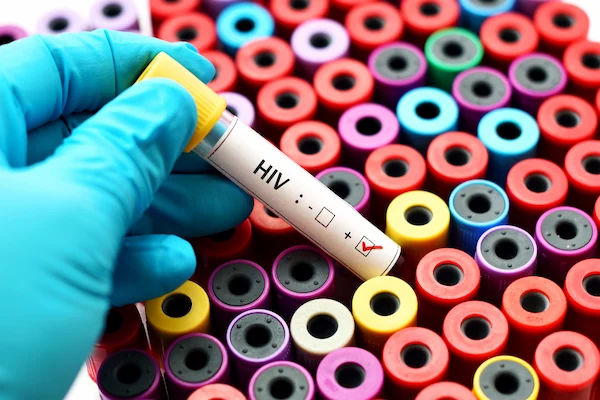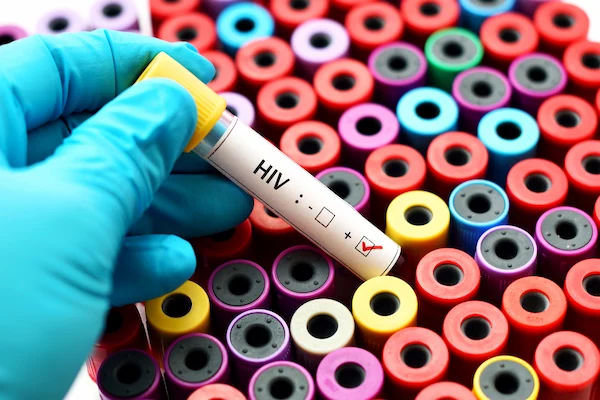- Male
- 36 Years
- 29/01/2025
I've been diagnosed with S. Typhi O 1160 and S. Typhi H 1160. Does this mean I'm prone to typhoid? If so, what kind of diet should I follow, and are there any medications I need to consider? I'm a bit worried and would really appreciate some guidance.
Answered by 1 Apollo Doctors
With these test results showing a significant rise in Typhi antibodies, you may be at risk for typhoid fever. To reduce your risk, it is important to follow a healthy diet and take appropriate medications. For medications, you can take a course of antibiotics. It is important to complete the full course as prescribed by your doctor. In terms of diet, focus on consuming easily digestible foods such as boiled vegetables, fruits, porridge, and soups. Avoid spicy, oily, and heavy foods. Stay well-hydrated with water, coconut water, and oral rehydration solutions. If you experience persistent symptoms or worsening condition, please consult a healthcare professional for further evaluation and management.
Dr. Ranjith Suggests...
Consult a Infectious Disease specialist
Answered 04/07/2025
0
0

More Infectious Disease Health Queries
View allI'm trying to understand what it means when the widal test result says "non reactive." Could you explain this in detail? Also, I've been dealing with typhoid for about 4 months now and it just won't go away. Can you recommend any good doctors for treating typhoid? I'm really worried since it's been such a long time.
-A "non-reactive" result in a Widal test means that no significant antibodies against *Salmonella* (the bacteria causing typhoid fever) were detected in your blood. This usually indicates you don't currently have an active infection, but its not always
Answered by 1 Apollo Doctors
I'm a bit worried and need some advice. I had protected intercourse recently, but I'm still planning to get the HIV 1 and 2 tests done just to be safe. I'm wondering if I could get accurate results in 23 days, or does it usually take longer for a final confirmation? Any suggestions on how this process generally works?
You Can get it done at any time but repeat the test after 6 months from now
Answered by 1 Apollo Doctors
So, I'm a 23-year-old guy, and earlier today, a bat flew into my room and landed on my bed. It was pretty small, and I figured I could just pick it up to let it out, right? But when I tried doing that with my left hand, it turned its head and bit my thumb. There arent any visible marks, not even a scratch, and the skin didnt get pierced, but Ive heard bats can transmit rabies. I immediately washed my hand with a lot of soap and antiseptic. Should I be worried even though theres no visible bite mark?
Although there's no visible bite mark, it's still essential to consult a doctor immediately, as bat bites can transmit rabies even without visible wounds; your doctor may recommend post-exposure prophylaxis (PEP) as a precautionary measure to prevent rabies infectio
Answered by 1 Apollo Doctors
Disclaimer: Answers on Apollo 247 are not intended to replace your doctor advice. Always seek help of a professional doctor in case of an medical emergency or ailment.





